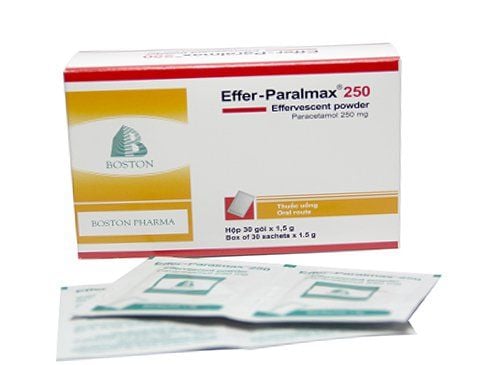This is an automatically translated article.
When a baby is 6 months old, the amount of breast milk has enough antibodies to protect and prevent pathogens for the baby. However, from 6 to 3 years old, the mother's immunity has decreased, while the child's immunity is still weak, so it is easy to cause illness, making the child sick and feverish.Video content is professionally consulted by Professor, Doctor, Doctor Pham Nhat An - Pediatric Center - Vinmec Times City International Hospital
It can be said that the role of micronutrients and trace elements plays a very important role in the health of children. In particular, to help improve resistance and limit children's illness and fever, parents should adhere to the vaccination program for children from birth, and at the same time help children get used to the disease. external environment but limited contact with pathogens. Supplementing with adequate nutrition, especially zinc, helps children's immunity increase and thus the child's illness and fever will be less.
Sometimes, when a child is sick or a child has a fever, it is a natural law for the child's body to "get" to fight and help the child grow physically and psychologically. When raising small children, mothers should prepare mentally when the child is sick so as not to panic and make wise choices when taking care of the sick child.
In addition, the older the child, the more children will need to be exposed to the outside environment to develop, so the risk of the child getting sick will be higher, so parents need to prepare psychologically "to let the child get sick" . At the same time, parents should prepare themselves with certain knowledge to promptly handle when the child has a fever or signs of certain diseases.
During the development stage, it is inevitable that the child gets sick, the child has a fever, it is the parents' job to equip themselves with knowledge about common diseases in children to have the best care for the sick child, and at the same time Pay attention to supplementing with adequate nutrients for children to help them get the most comprehensive development.
Parents should supplement their children with essential micro-minerals such as zinc, lysine, chromium, selenium, vitamin B1, ... to fully meet the child's nutritional needs. The addition of these essential vitamins also supports digestion, enhances nutrient absorption, improves anorexia, and helps children eat well. Parents can simultaneously apply dietary supplements and functional foods derived from nature for easy absorption. Please accompany your child throughout the development process and regularly visit the website vimec.com to update useful baby care information.














